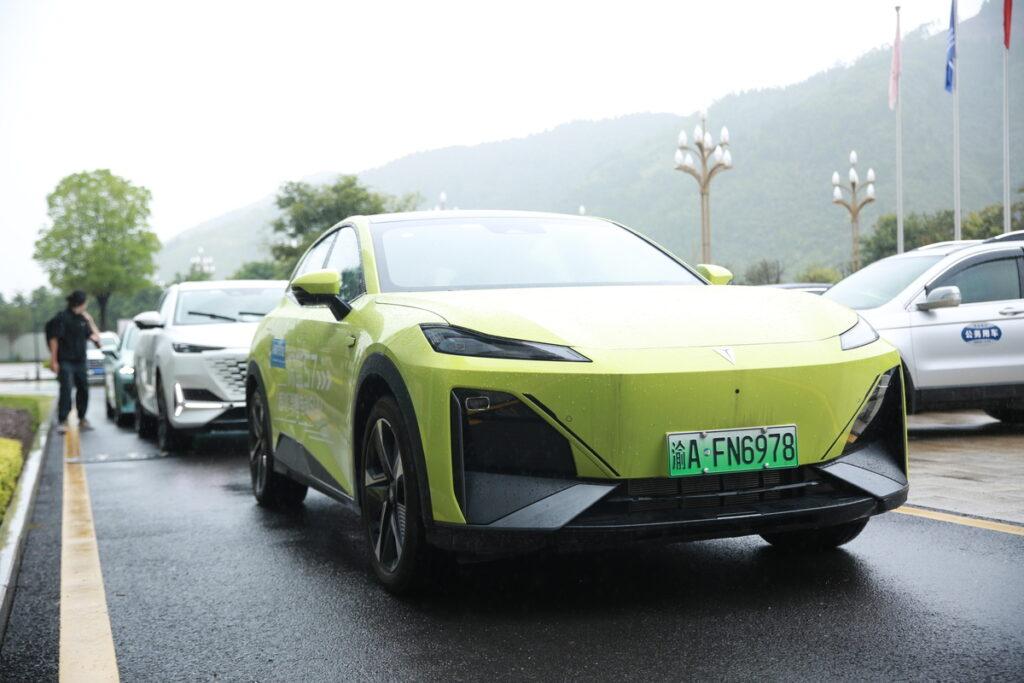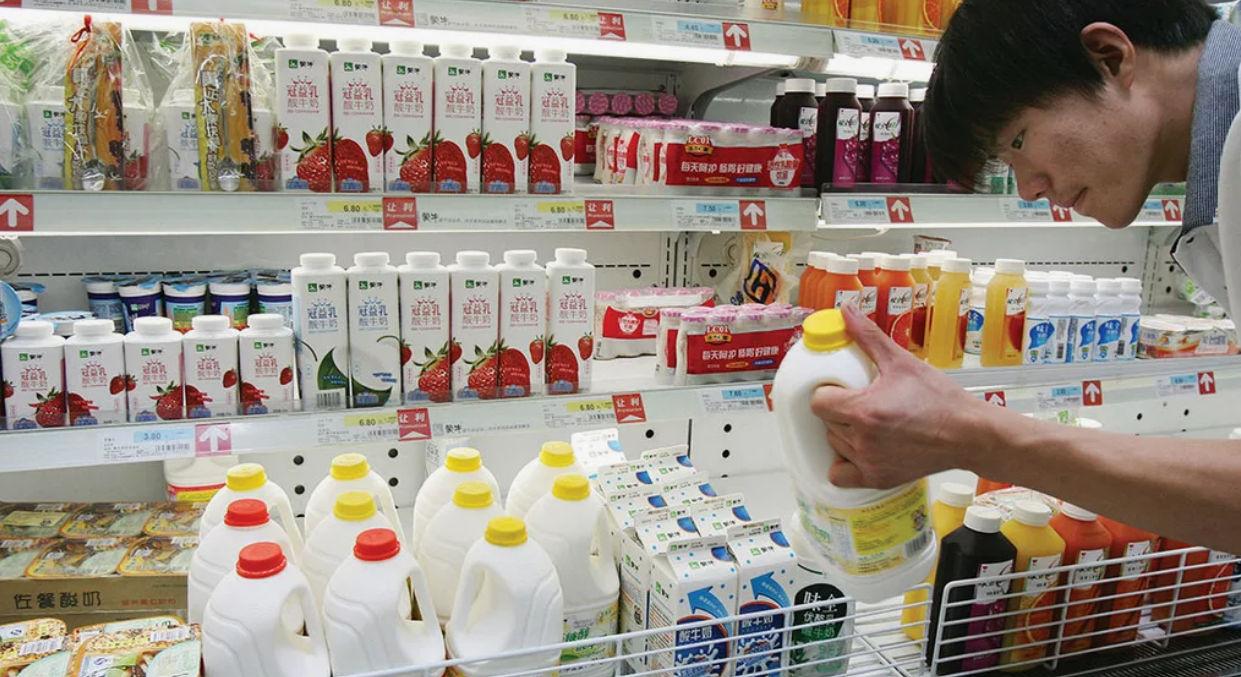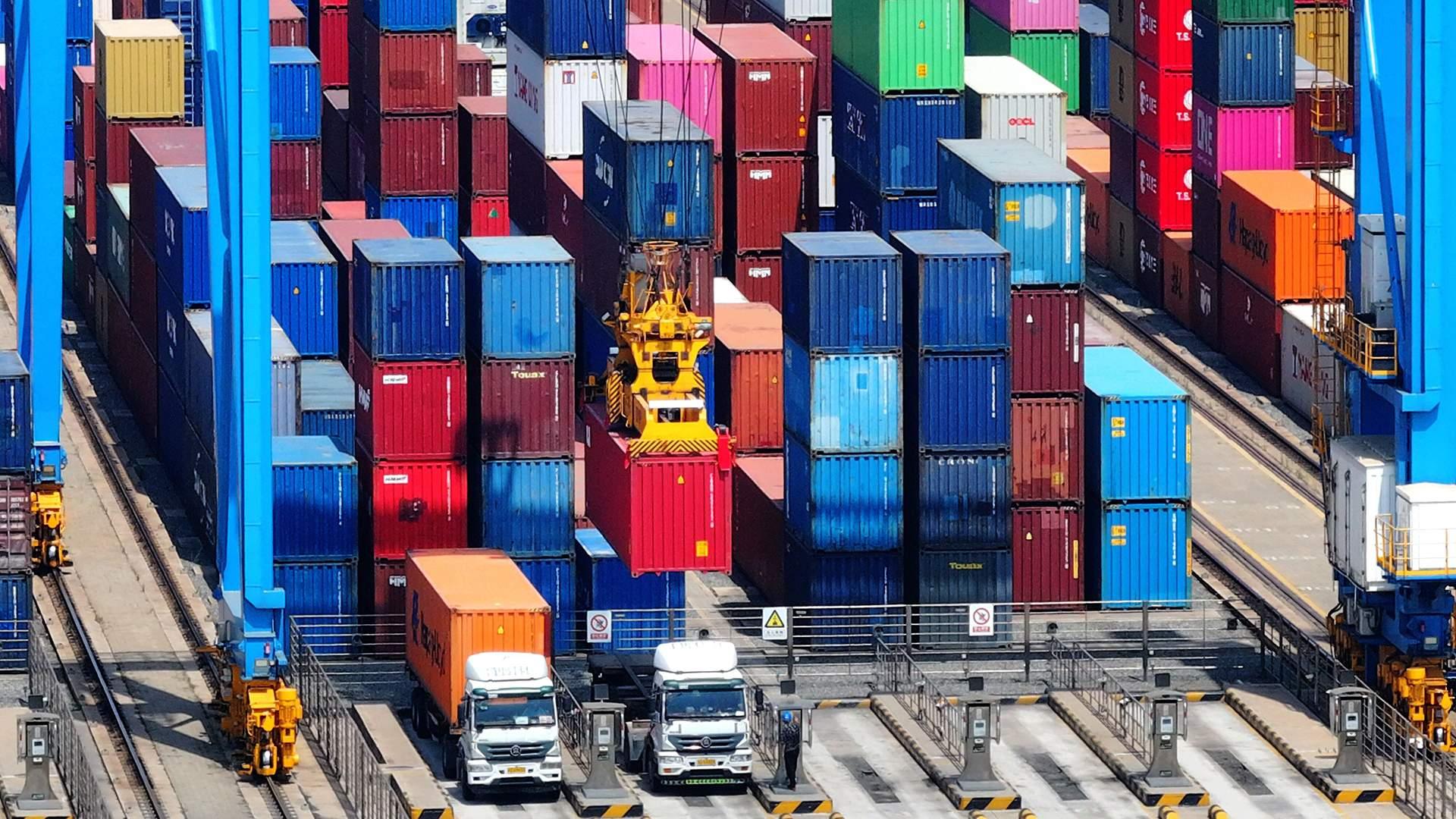Geopolitical chess: Is US orchestrating Europe's trade conflict with China? High stakes of Brussels' new tariffs
The European Commission announced plans to implement permanent import duties on Chinese electric vehicles on August 20. This decision, anticipated following an investigation by the Commission in July, is based on the assertion that Beijing is subsidizing the entire electric vehicle production chain, which leads to artificially low prices. Brussels has described this as "unfair competition" with potentially severe impacts on European electric vehicle manufacturers, who are struggling to compete with their international counterparts. The European Commission had previously imposed temporary tariffs on Chinese electric cars starting July 5.

However, Germany has expressed reservations about this move, citing concerns that it could lead to a broader trade conflict. German automakers, who have substantial manufacturing operations and joint ventures in China, fear that any restrictions on Chinese products could adversely affect their interests.
Germany's apprehensions were echoed in June when the German economy minister visited China and received a warning from Beijing. China cautioned that escalating tensions with the European Union (EU) over electric vehicle imports could trigger a full-scale trade war, with the EU being held responsible for such an escalation.
Germany was acutely aware of the potential repercussions and was likely not taken aback when, despite a ten-day window for Chinese companies and officials to negotiate with the European Commission, Beijing responded almost immediately after Brussels' anti-China decision.
Less than 24 hours after the European Commission's ruling, China initiated an anti-subsidy investigation into dairy products imported from the EU. This move was widely interpreted as the onset of a significant trade dispute between China and the European Union.
The situation is further complicated by Brussels' ongoing inquiry into the potentially adverse effects of Chinese subsidies on wind turbine and solar panel manufacturers within the 27-country bloc. In retaliation, China has expanded its scrutiny to include anti-dumping investigations into EU exports of pork, alcohol, and chemical products, as well as examining government procurement of medical equipment.
The Chinese authorities have also announced investigations into 20 subsidy programs in Austria, Belgium, Croatia, the Czech Republic, Finland, Ireland, Italy, and Romania.

Against this backdrop, High Representative of the EU for Foreign Affairs and Security Policy, Josep Borrell, delivered a speech marked by his usual contradictions. On one hand, Borrell stressed the importance of the EU avoiding systematic confrontation with China, warning that escalating trade tensions could have detrimental effects on global stability. On the other hand, he asserted that the fundamental differences between the EU and Chinese political systems should not result in persistent and systemic rivalry, as this would be counterproductive.
Meanwhile, in July, The Economist reported that Europe was bracing for a potential major trade conflict, which might include measures such as restricting China's access to public procurement across the continent.
This scenario has led some experts to speculate that the United States may be influencing the early stages of the trade dispute between the EU and China. This speculation is supported by the fact that, in mid-May, Washington had already imposed 100 per cent tariffs on imports of Chinese electric cars.
This raises a pertinent question: where were these electric cars intended to go? The answer is clear—they were destined for Europe, which indeed became the primary recipient. As anticipated, the influx of Chinese vehicles into the European market has generated significant friction between the two parties.
Proponents of the "US hand" theory argue that Washington, reluctant to initiate a direct confrontation with China, strategically shifted the responsibility to Europe. Consequently, Europe finds itself ensnared in a geopolitical maneuver orchestrated elsewhere. As a result, the European populace is likely to face increased costs.
Should China, leveraging its experience, successfully adapt its cars to new markets, Europe could face substantial repercussions, particularly if Beijing responds by curtailing imports of European goods.
Despite Brussels' assurances of its willingness to seek mutually acceptable solutions with China "in line with World Trade Organization (WTO) principles," Beijing has yet to demonstrate a proactive response. Additionally, the European Union is mindful of Donald Trump's statement suggesting that if re-elected, he might impose a 10 per cent tariff on all European imports.

Thus, Europe once again appears to be a pawn in the geopolitical strategies of other nations. However, the situation within Europe is not entirely straightforward. For instance, in December 2023, European Commission President Ursula von der Leyen highlighted a significant increase in Europe's trade deficit with China, which had surged to nearly €400 billion in 2022. She emphasized that the EU "will not tolerate a persistent trade imbalance and has the tools to safeguard our market."
The question remains: What will be the next steps?
By Teymur Atayev
The views and opinions expressed by guest columnists in their op-eds may differ from and do not necessarily reflect the views of the editorial staff.








